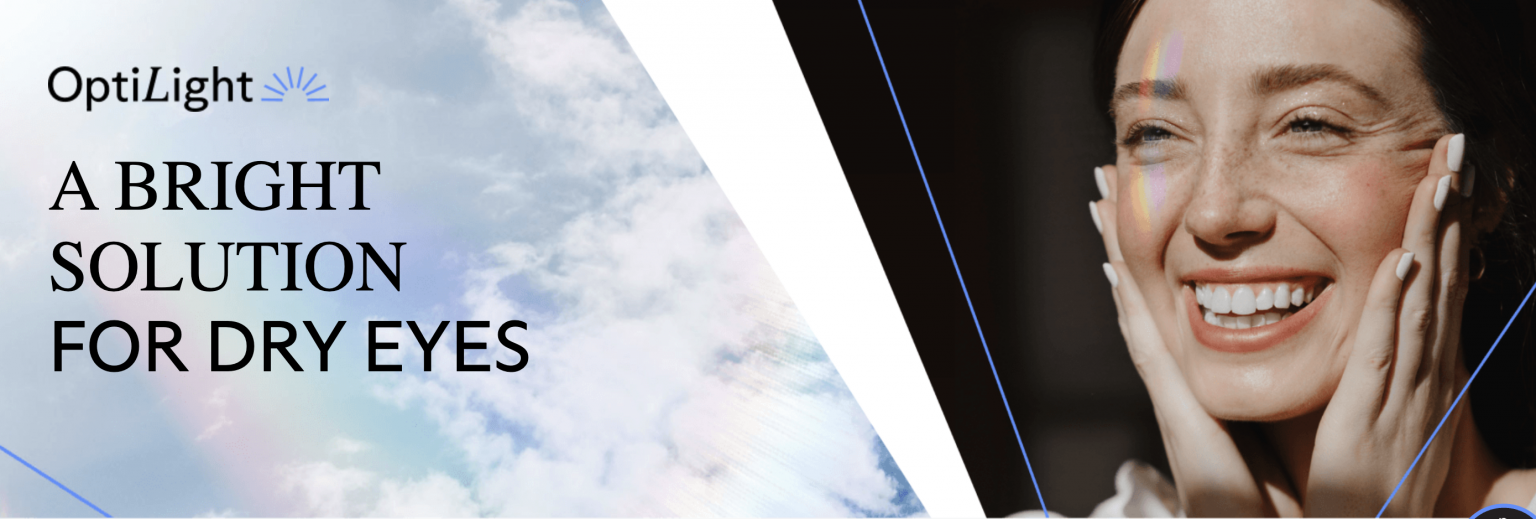
Thyroid Eye Disease (TED)
Thyroid eye disease (TED), also known as Graves’ orbitopathy, is an autoimmune condition that affects the tissues around the eyes. It is commonly associated with hyperthyroidism (overactive thyroid), especially in individuals with Graves’ disease. However, TED can also occur in patients with normal or even low thyroid function. This condition causes inflammation and swelling in the eye muscles, fat, and connective tissue, leading to eye appearance and function changes.
At in Ives Eyecare Center, we manage a wide range of eye diseases and conditions include those associated with thyroid dysfunction. If you or a loved one have been diagnosed with TED, contact us to learn how we can help.
How is Thyroid Eye Disease Diagnosed?
Diagnosing thyroid eye Disease involves a combination of patient history, physical examinations, and specialized tests. During an eye exam, your optometrist will check for signs of swelling, eye movement problems, and changes in vision. Blood tests may also be used to measure thyroid hormone levels, and imaging tests like a CT scan or MRI may be recommended to assess the condition of the muscles and tissues around the eyes.
How Does Thyroid Eye Disease Impact the Eye?
The inflammation caused by TED primarily affects the muscles and soft tissues behind the eyes. This swelling can push the eyes forward, a condition called proptosis, which may cause the eyes to bulge outward. As the disease progresses, it may restrict eye movement, resulting in double vision (diplopia). In more severe cases, TED can lead to vision loss if the optic nerve is compressed.
The impact on the eyes can vary significantly from person to person, with some experiencing mild discomfort and others facing more severe complications. Early detection and treatment are critical in managing the symptoms and preventing long-term damage.
Common Signs and Symptoms of Thyroid Eye Disease
Symptoms of TED can develop gradually or suddenly, and they often occur in phases. The inflammatory phase is usually the most active and may last several months to a few years. Common signs and symptoms of Thyroid Eye Disease include:
- Bulging eyes (proptosis)
- Dry, gritty feeling in the eyes
- Redness and swelling of the eyes or eyelids
- Double vision or trouble focusing
- Light sensitivity
- Eye pain or discomfort, especially when looking up, down, or sideways
- Tearing or excessive watering of the eyes
- Difficulty closing the eyes fully
If you notice any of these symptoms, it’s essential to schedule a visit with Ives Eyecare Center. Our experienced team in Murrysville can guide you through diagnosing and managing thyroid eye disease.
Common Treatments for Thyroid Eye Disease
Treatment for thyroid eye disease focuses on managing symptoms and slowing the progression of the condition. The course of treatment depends on the severity of the disease and the specific symptoms a patient is experiencing. Here are some common treatments:
1. Medications
Anti-inflammatory medications, such as corticosteroids, are often used to reduce eye swelling and inflammation. In some cases, medications that regulate the thyroid may also be necessary.
2. Lubricating Eye Drops
For patients experiencing dry, irritated eyes, artificial tears or lubricating eye drops can help relieve discomfort and protect the surface of the eye.
3. Prisms in Glasses
If double vision is a problem, special glasses with prisms may help align the images seen by both eyes, reducing or eliminating the double vision.
4. Surgery
In more severe cases, surgery may be necessary. This could include orbital decompression surgery to create more space for the swollen tissues or surgery to improve eye muscle function if double vision persists.
5. Lifestyle Adjustments
Specific lifestyle changes, such as quitting smoking and maintaining stable thyroid hormone levels, can improve the outlook for patients with TED.
Eye Disease Management in in Murrysville
If you’re suffering from thyroid eye disease, Ives Eyecare Center is here to help. We offer personalized treatment plans to manage your symptoms and protect your vision. Schedule an appointment today at our Murrysville office to take the next step toward relief.

